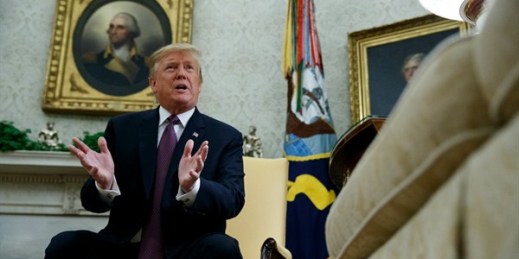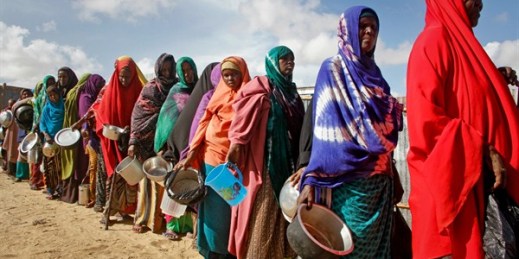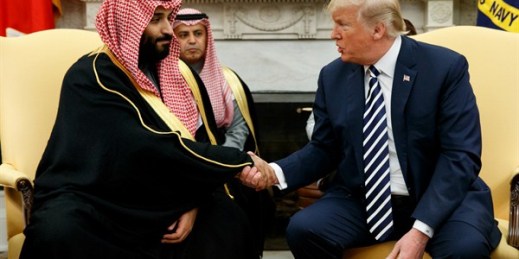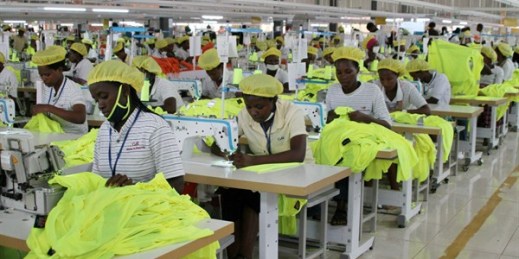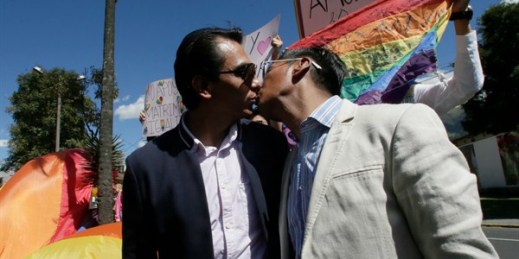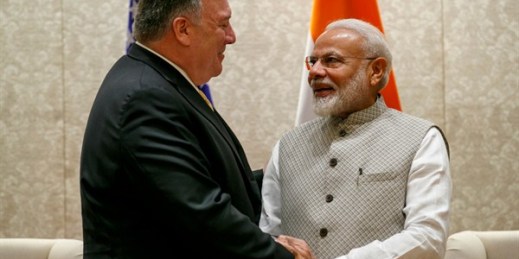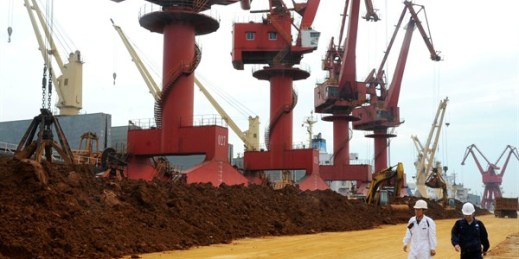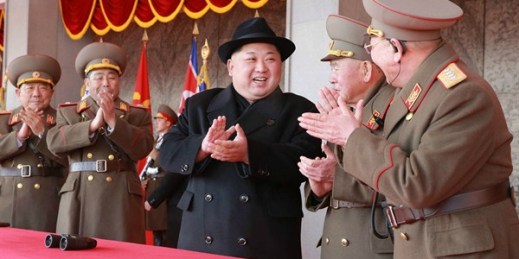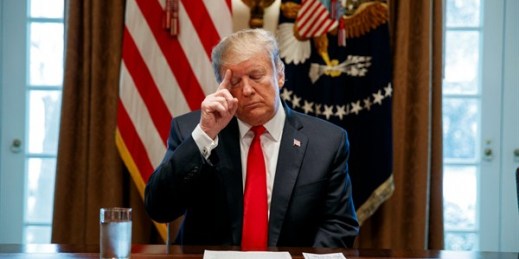
After 20 years of on-and-off negotiations, leaders from the European Union and South America’s Mercosur trade bloc announced late last month that they had reached a sweeping trade agreement encompassing 800 million people and almost a quarter of the global economy. Hailed on both sides of the Atlantic as a “landmark,” the accord must still be ratified by the negotiating parties’ legislatures, and it faces stiff opposition in key European countries like France and Ireland as well as in the four Mercosur member states of Brazil, Argentina, Paraguay and Uruguay. In an email interview with WPR, Bruno Binetti, a Buenos […]

